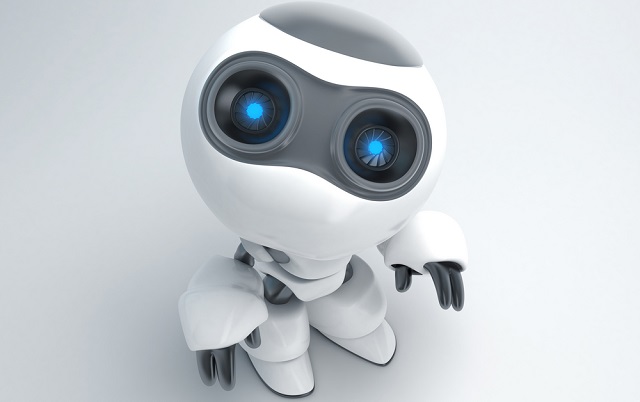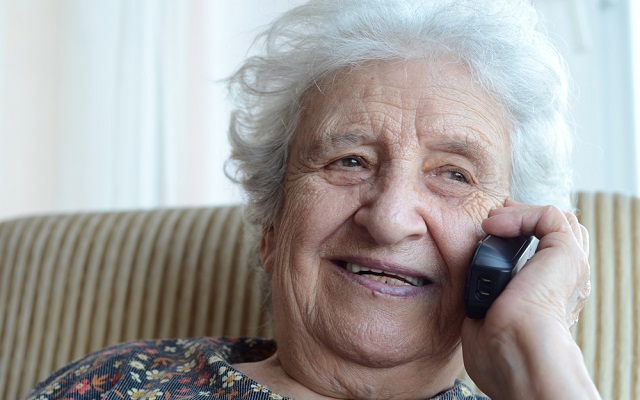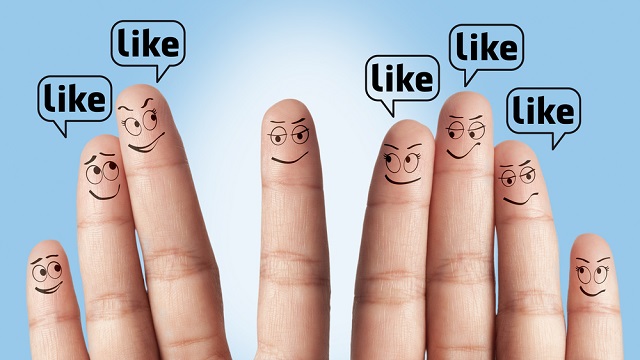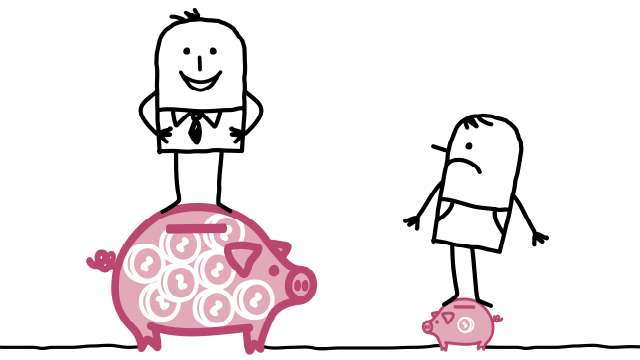Technology & Innovation
All Stories
The text messaging service, which tracks animal health and market prices, is just one of many apps that are helping to transform life in sub-Saharan Africa, the world’s fastest-growing mobile market.
On Monday voice-recognition tech company Nuance announced its Voice Ads platform, which will enable companies to create ads that can have conversations with customers.
China may not be the freest society in the world, but for some time now it’s been catching up to — and outpacing — the US in several facets of research and development.
Researchers were able to uniquely identify 95 percent of individuals simply by analyzing four times and locations when cell phones were in use. They recommend their results be used to influence future policies on privacy and technology.
In Mexico City, one of the world’s most polluted cities, construction is underway on a tower shielded with a tile screen that breaks down smog into less dangerous components.
It has wings coated in photovoltaic cells that power four electric motors, and next month, the Solar Impulse single-seater will fly from California to New York.
MIT, Harvard and Stanford universities have all begun offering massive open online courses for free, but the larger ramifications on our national education may be adverse, say experts.
Two new mobile apps—one from Google and one from a smaller tech startup—may indicate how large scale data analysis, i.e. Big Data, can help you manage your daily affairs.
Without paying money for goods and services, customers have little recourse when a company decides to radically change its game plan. Is your data in danger of disappearing?
A source for 888.com says it could offer its services in Nevada as soon as May, making the state the second to legalize Internet betting since a federal act banned it in 2006.
In a new report, researchers say that high-speed rail has created “market integration” between three large Chinese cities and smaller “satellite” cities outside of them, and that some of their conclusions can apply to California’s current effort.
A Canadian man is offering a house for sale in either Canadian dollars “or its Bitcoin equivalent.” It’s one of several signs that the virtual currency is becoming more popular.
Dr. Jay Parkinson, a resident of New York City, recently began an online practice that now offers 24/7 medical services to 500 customers from 30 companies, saving time and money.
The $250,000 seven-meter truck was unveiled in Cape Town last week, and is designed to reach the 6 in 10 sub-Saharan Africans who live in rural areas without easy access to medical treatment.
One architect advocates for combining a surplus of dead trees with new technologies to create buildings of up to 30 stories that will shelter future city residents.
An advisory manual drawn up by NATO is the first to attempt to bring the realm of cyberattacks into line with international law and treaties.
“The possibilities that lie in the future are infinite. When I say ‘It is our duty to remain optimists,’ this includes not only the openness of the future but also […]
Findings from a recent study revealed that test subjects that played one of several genres of games on their smartphones experienced improved cognitive function. Interestingly, players of action games saw the greatest improvements.
Overheard cell phone conversations are far more distracting than overheard conversations between two or more people, according to a new study involving volunteers and simple word puzzles.
Created by researchers at the University of California-Berkeley, the earphones herald a future in which graphene speakers could revolutionize the listening experience.
The Beam is a remote presence device that bridges the gap between in-person attendance and videoconferencing. It was one of the hits at this year’s South by Southwest trade show.
Available for sale later this year, the FairPhone is made of conflict-free materials in factories with high labor standards. It has an easily-accessible interior and is completely recyclable.
Writer Mathew Ingram attempts to dissect a controversial New York Times blog post about the best ways to communicate with others outside of face-to-face conversations.
By feeding test subjects’ likes into a set of algorithms, Cambridge University researchers were able to deduce a surprisingly accurate amount of information about them. Privacy advocates say this should “ring alarm bells” for users.
It’s been a few months since I wrote an op-ed in The New York Times to propose a wealth tax as a way to stem the harmful rise of inequality in […]
The decades-old social welfare model built for the country’s elderly is showing its limitations as a growing number choose to relocate to nursing homes in Eastern European countries.
When Yahoo recently terminated its telecommuting policy, forcing employees to return to the office rather than work from home, it likely stymied the creative capacities of its work force.
Solar-powered calculators have been around for decades, but scientists have yet to come up with a smartphone equivalent. However, one company is working on a solar cell that could extend existing battery life.
German researchers put Android phones in the freezer for an hour in an attempt to get around their encryption systems and access sensitive data. It worked.
“Autonomy, adventure, imagination: entrepreneurship comprehends all this and more for us. The characteristic art form of our age may be the business plan.” –William Deresiewicz Imagine you are a painter […]





























